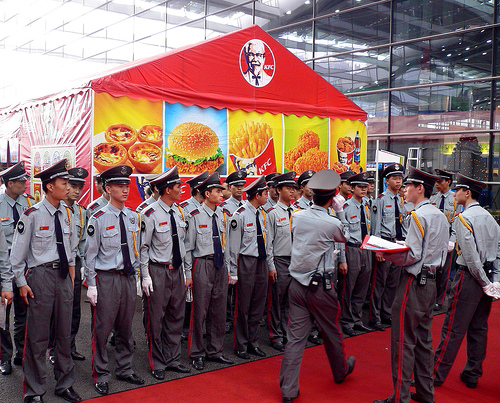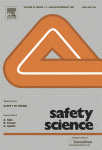Global challenges to workplace health and safety
Background

Globalization has become yet another omnibus term — everyone uses it, everyone associates something with it, everyone probably something different. The attempt to define the term is as futile as nailing a pudding to the wall [Beck]. And yet, there cannot be any doubt that the ubiquitous use of the term hides a most intriguing problem: the problem of multi-level effects upon the world of work, specifically: upon workers, in terms of their well-being, occupational health, their legal protection, changing competence demands and their work places in terms of changing work requirements, stressors, task manageability and safety at work. The intellectual problem therefore is: how to understand, model, measure multi-level effects and how to respond to them in terms of policy options.
The overall Leitmotif, therefore, would be the macro-micro relationship in the context of globalization.
A large variety of topics could be addressed under the over-all theme. However, it is suggested to focus on two which seem to be among the most pressing among ongoing globalization processes. Both topics present a large variety of challenges for health and safety at work:
-
The international export of advanced technical systems from highly developed industrial nations to economically less developed countries.
-
The international import of workers from economically less developed nations to industrialized countries.
Export of advanced technical systems
There is an increasing number of companies struggling with the question as to whether they can manage safety in all of their plants in the same way and to the same standards, or whether export of complex and hazardous processes to developing countries means increase of global risk. Do U.S. & E.U. companies comply with the host nation’s workplace safety regulations or get special exemptions? If the host nation’s regulations are inferior to U.S. & E.U. regulations, do the companies voluntarily follow the superior regulations of their home countries, and if so, are those regulations suitable for the cultural context of the host country, or do they fail to provide safety for various sociological and cultural reasons? And if they are not a good fit, what is done to adjust them so they do provide for safety? Are our advanced notions of safety culture in dangerous industries in the E.U. & U.S. useful in the cultural contexts of poor countries?
The issue of regulating the global consequences of exporting risk should be something to interest not only representatives of transnationally active companies but also of national regulatory agencies and of international organizations such as ILO and WHO.
Importing workers
This topic offers the chance of looking at the other side of the coin of border transcending business activities. It addresses issues such as the problem how European or US managers and regulators deal with the proliferation of immigrant workshops and sweatshops, which threaten to reintroduce the poor labour conditions of 19th century Europe and 20th century Asia into the back streets of Europe and the USA. It will deal with workers who have come into our own countries (legally and illegally) from poorer countries and take the dirty jobs in our companies at low pay and often without health & retirement benefits and face many stresses and acculturation problems for themselves and their families. This option would raise important issues such as whether they have the same rights as our citizens to workplace safety, and if they do not, what is being done or should be done? And if they have the same protections and rights but don’t know how to use them, how should we adapt our regulations and policies to help them?
Examples of the type of contributions that are invited could address various domains and approaches:
-
Consequences on workers and workplaces (unfamiliar work demands, changing competence requirements, casualization of employment, increase of social and occupational safety risks, increase of risks for systems breakdowns…)
-
Psychological and behavioral individual responses (mal-adjustments in terms of safe behavior, increase of occupational accidents and illness, insecurity, identity problems…)
-
Methodological issues (appropriate units of analysis, how to model and measure cross-level effects…)
-
Policy issues (company responses, regulatory strategies, worker protection…)
Workshop organizers
-
Dietrich Manzey, TU Berlin
-
Juliane Marold, TU Berlin

Outputs

The papers presented during the workshop and the following discussions led to the publication of a special issue of the journal Safety Science.
- Special Section: Occupational accidents and safety: the challenge of globalization. Edited by D. Manzey and J. Marold (2009), Safety Science, 47(6).
Image credit: http://www.flickr.com/photos/jurvetson/52712861/